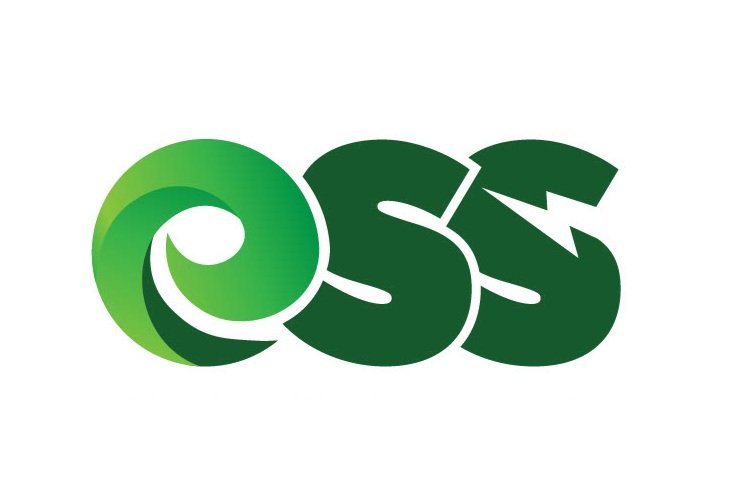Frequently Asked Questions
-
Solar panels convert sunlight into direct current (DC) electricity. This electricity is then converted into alternating current (AC) electricity by an inverter, which is used to power your home or business.
-
The cost of solar panels can vary depending on the size of the system, the quality of the panels, and the installation fees. However, prices have decreased significantly in recent years, making solar energy more affordable than ever before.
-
The amount of energy produced by solar panels depends on a variety of factors, including the size of the system, the amount of sunlight the panels receive, and the efficiency of the panels. In general, a typical residential solar panel system can produce enough energy to meet the needs of an average household.
-
Yes, solar panels can still produce energy on cloudy days, although their efficiency may be reduced.
-
Most types of roofs can support solar panels, including asphalt, metal, tile, and flat roofs. However, the angle and orientation of the roof may affect the efficiency of the panels.
-
Solar panels require very little maintenance, but they should be cleaned periodically to remove dirt and debris that can reduce their efficiency. In addition, the inverter may need to be replaced after several years of use. We can help!
-
Most solar panels are designed to last for 25 to 30 years or more. However, their efficiency may decrease slightly over time.
-
Solar panels can be recycled or disposed of in a landfill.
